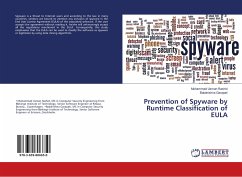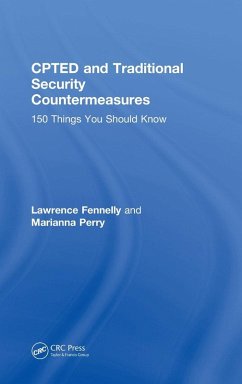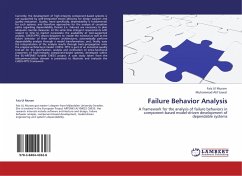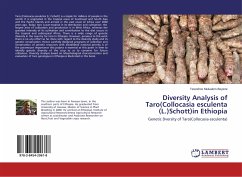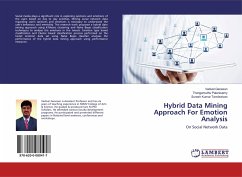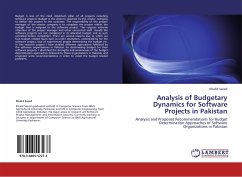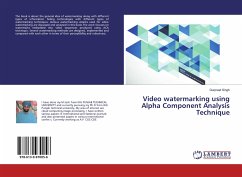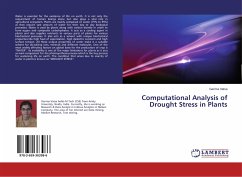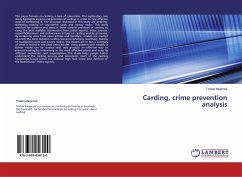
Carding, crime prevention analysis
Versandkostenfrei!
Versandfertig in 6-10 Tagen
27,99 €
inkl. MwSt.

PAYBACK Punkte
14 °P sammeln!
This paper focuses on carding, a type of cybercrime. This exploratory case study highlights aspects and processes of carding in order to find effective ways of combating it. The processes discussed in this study are phishing, skimming, making of counterfeit cards and money mules. This study searches for patterns and steps in those criminal processes of carding by using the best available information from police reports, other sources, (scientific)literature and online news articles on carding and its processes. By combining data from news articles and literature, models are created covering th...
This paper focuses on carding, a type of cybercrime. This exploratory case study highlights aspects and processes of carding in order to find effective ways of combating it. The processes discussed in this study are phishing, skimming, making of counterfeit cards and money mules. This study searches for patterns and steps in those criminal processes of carding by using the best available information from police reports, other sources, (scientific)literature and online news articles on carding and its processes. By combining data from news articles and literature, models are created covering the most common carding scenarios (phishing, skimming, making of counterfeit cards and money mules). The models are in fact a summary of what is stated in the cited news articles. Using patterns and models, a barrier model can be created that may produce an effective way to prevent carding by intervening in the most effective places and ways by different authorities and organizations. This study helps people better understand the carding process and documents much of the carding knowledge found within the National High Tech Crime Unit (NHTCU) of the Netherlands Police Agency.



